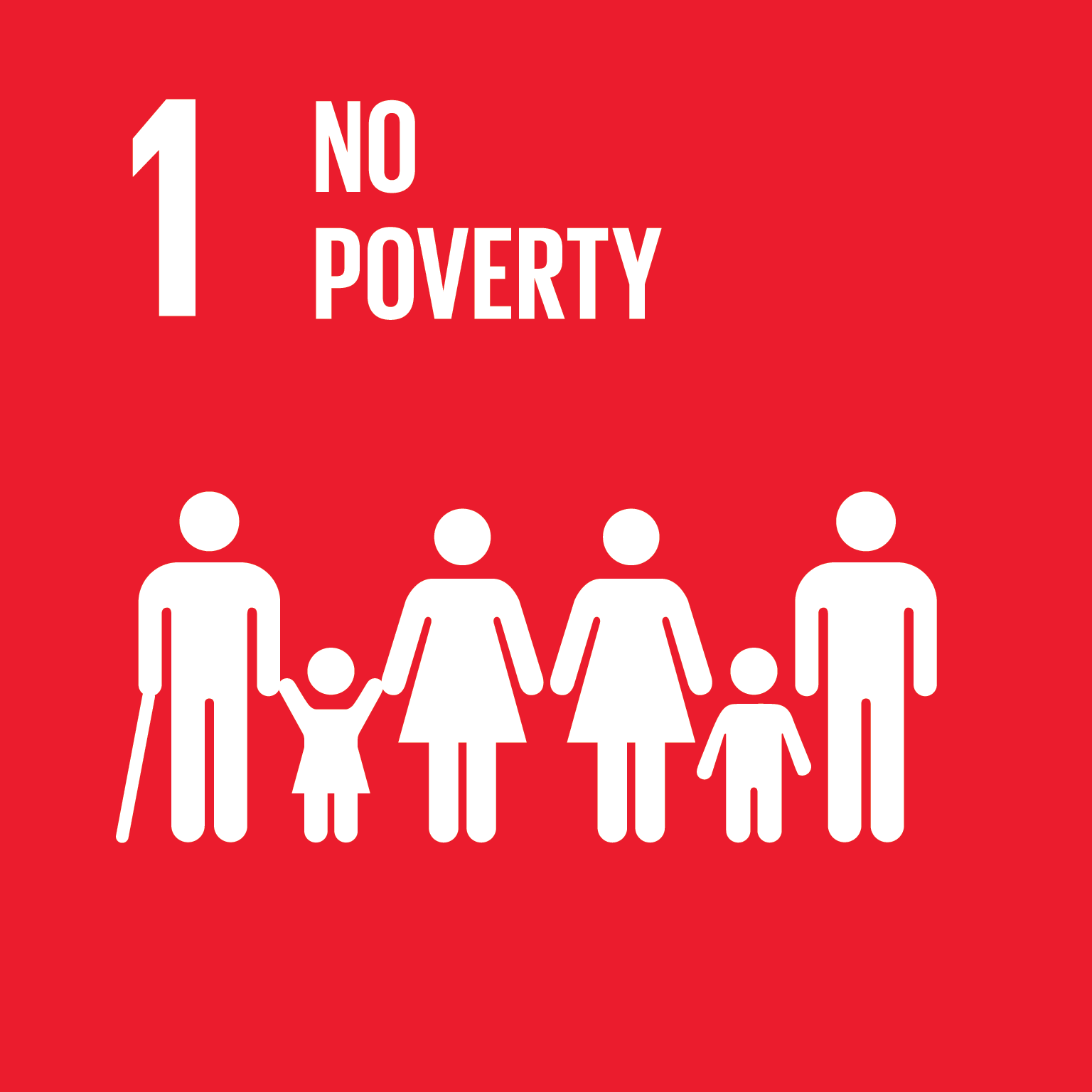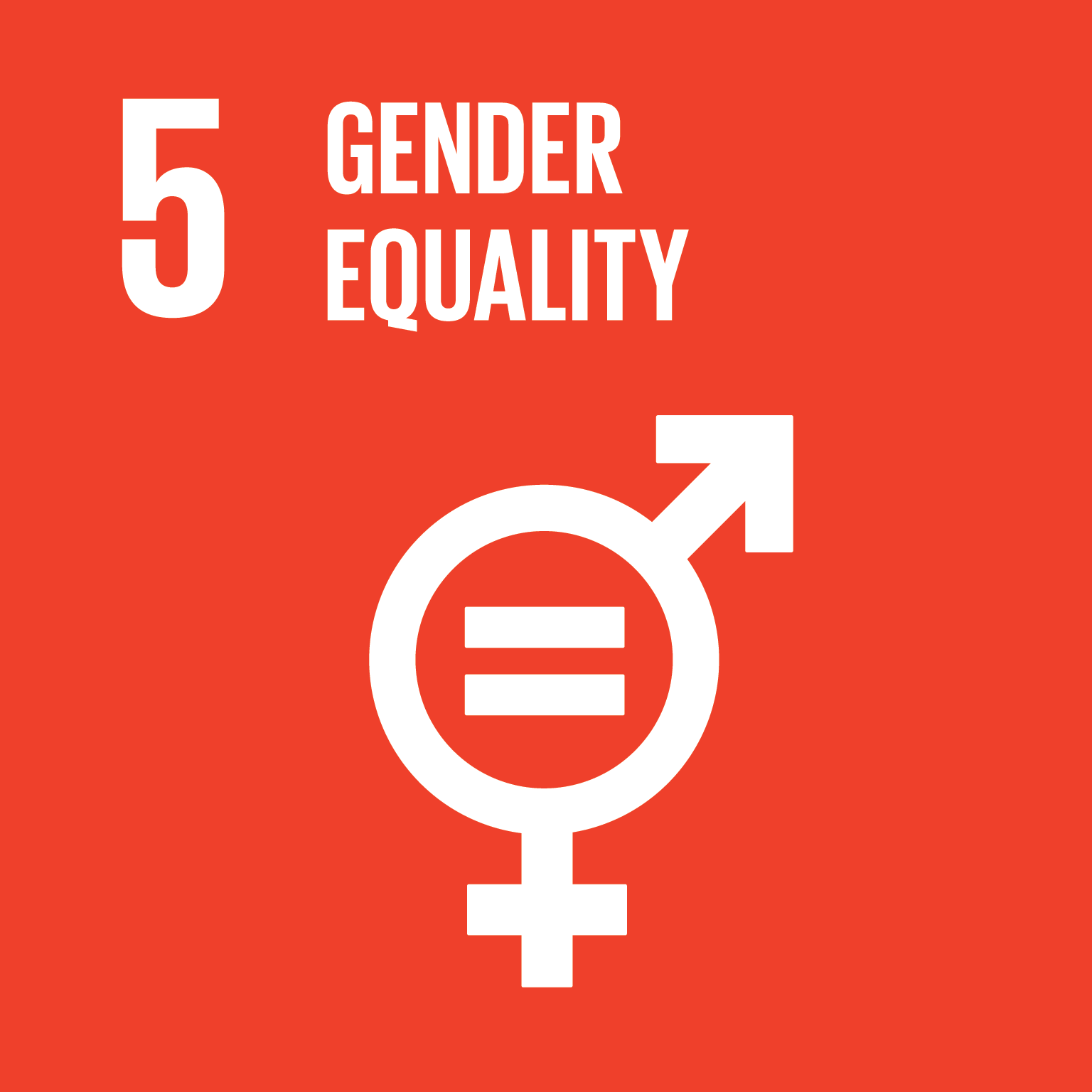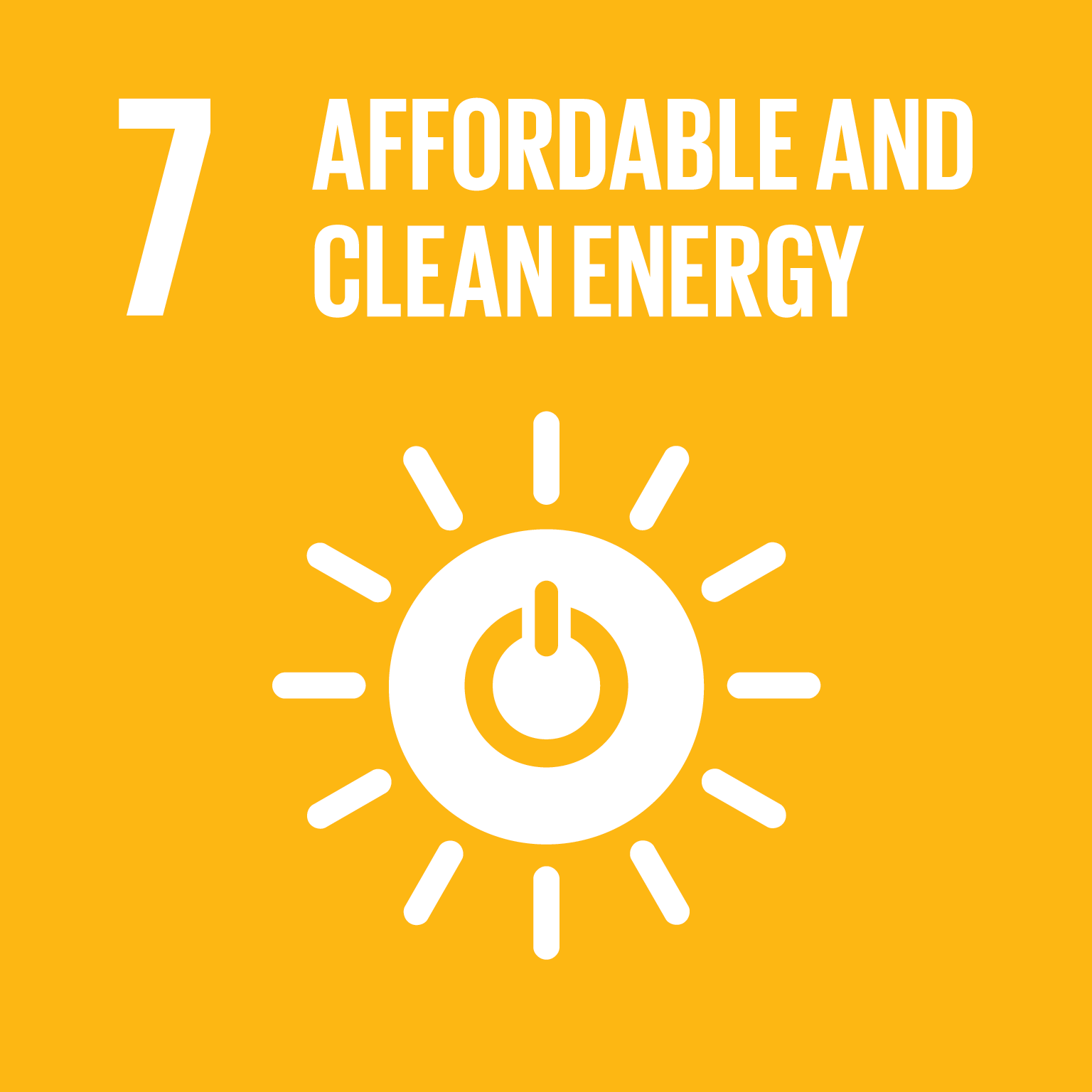We exist to address the real causes and challenges presented at the nexus of poverty, gender inequality and energy access.
Why we exist
Across India and Nepal 256 million people still live in extreme poverty, on less than US$1.90 a day.
Families are trapped in intergenerational poverty cycles. This is compounded by a lack of opportunities for women who can be a driving force for change in their family and community.
While men and women suffer from poverty, gender discrimination means women have fewer resources to cope. Women retain the full burden of household chores, spending hours every day preparing meals and using low quality household solutions for things like lighting and cooking. This denies women opportunities to earn meaningful income. They are restricted from further education and cannot commit to employment due to social norms.
Families suffer from preventable health problems, and it is expensive. Children are forced to leave school before finishing, or don’t even get an education, as families cannot afford it.
Entire communities are not aware, let alone educated, about alternatives for household products. The absence of supply chains servicing temporary, transient and remote communities means there is no way for people to access or maintain new products.
A lack of women role models in communities exacerbates the cycle of poverty and maintains age old pressures on women and girls. We are tackling a complex and connected problem that too many women, families and communities face in India and Nepal.
Poverty
Baseline projections suggest that 6 percent of the world population will still be living in extreme poverty in 2030, missing the SDG target of ending poverty.
Quick Links
Gender inequality
Entire nations, businesses, communities and groups can benefit from the implementation of programs and policies that adopt the notion of women empowerment.
Quick links
Energy access
Billions of people continue to be without basic modern energy services, lacking electricity or clean cooking facilities.
Quick Links



